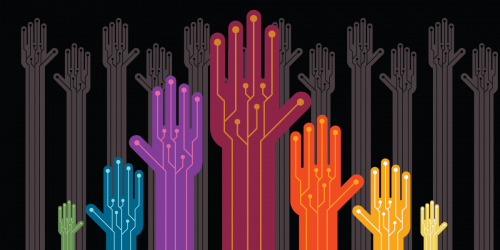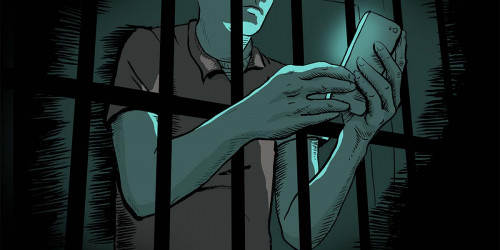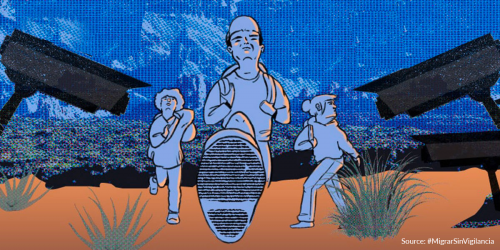Security researchers’ work discovering and reporting vulnerabilities in software, firmware, networks, and devices protects people, businesses and governments around the world from malware, theft of critical data, and other cyberattacks. The internet and the digital ecosystem are safer because of their work.
The UN Cybercrime Treaty, which is in the final stages of drafting in New York this week, risks criminalizing this vitally important work. This is appalling and wrong, and must be fixed.
One hundred and twenty four prominent security researchers and cybersecurity organizations from around the world voiced their concern today about the draft and called on UN delegates to modify flawed language in the text that would hinder researchers’ efforts to enhance global security and prevent the actual criminal activity the treaty is meant to rein in.
Time is running out—the final negotiations over the treaty end Feb. 9. The talks are the culmination of two years of negotiations; EFF and its international partners have raised concerns over the treaty’s flaws since the beginning. If approved as is, the treaty will substantially impact criminal laws around the world and grant new expansive police powers for both domestic and international criminal investigations.
Experts who work globally to find and fix vulnerabilities before real criminals can exploit them said in a statement today that vague language and overbroad provisions in the draft increase the risk that researchers could face prosecution. The draft fails to protect the good faith work of security researchers who may bypass security measures and gain access to computer systems in identifying vulnerabilities, the letter says.
The draft threatens security researchers because it doesn’t specify that access to computer systems with no malicious intent to cause harm, steal, or infect with malware should not be subject to prosecution. If left unchanged, the treaty would be a major blow to cybersecurity around the world.
Specifically, security researchers seek changes to Article 6, which risks criminalizing essential activities, including accessing systems without prior authorization to identify vulnerabilities. The current text also includes the ambiguous term “without right” as a basis for establishing criminal liability for unauthorized access. Clarification of this vague language as well as a requirement that unauthorized access be done with malicious intent is needed to protect security research.
The signers also called out Article 28(4), which empowers States to force “any individual” with knowledge of computer systems to turn over any information necessary to conduct searches and seizures of computer systems. This dangerous paragraph must be removed and replaced with language specifying that custodians must only comply with lawful orders to the extent of their ability.
There are many other problems with the draft treaty—it lacks human rights safeguards, gives States’ powers to reach across borders to surveil and collect personal information of people in other States, and forces tech companies to collude with law enforcement in alleged cybercrime investigations.
EFF and its international partners have been and are pressing hard for human rights safeguards and other fixes to ensure that the fight against cybercrime does not require sacrificing fundamental rights. We stand with security researchers in demanding amendments to ensure the treaty is not used as a tool to threaten, intimidate, or prosecute them, software engineers, security teams, and developers.
For the statement:
https://www.eff.org/deeplinks/2024/02/protect-good-faith-security-research-globally-proposed-un-cybercrime-treaty
For more on the treaty:
https://ahc.derechosdigitales.org/en/








